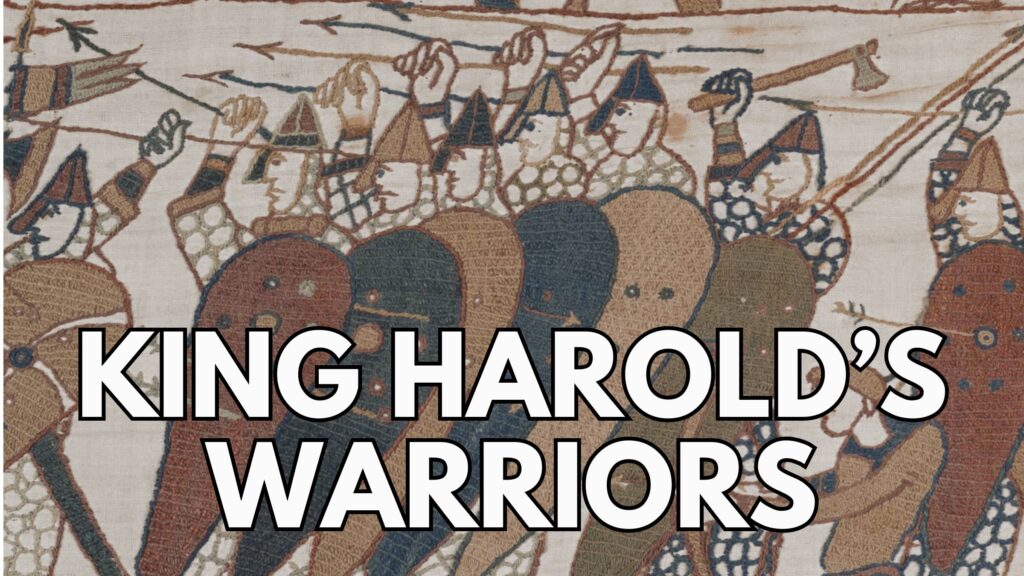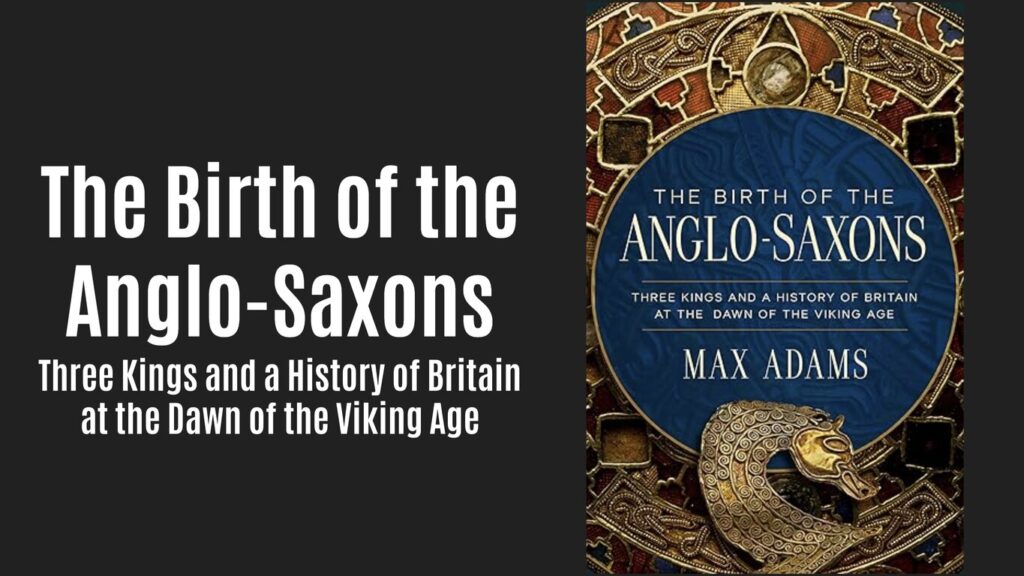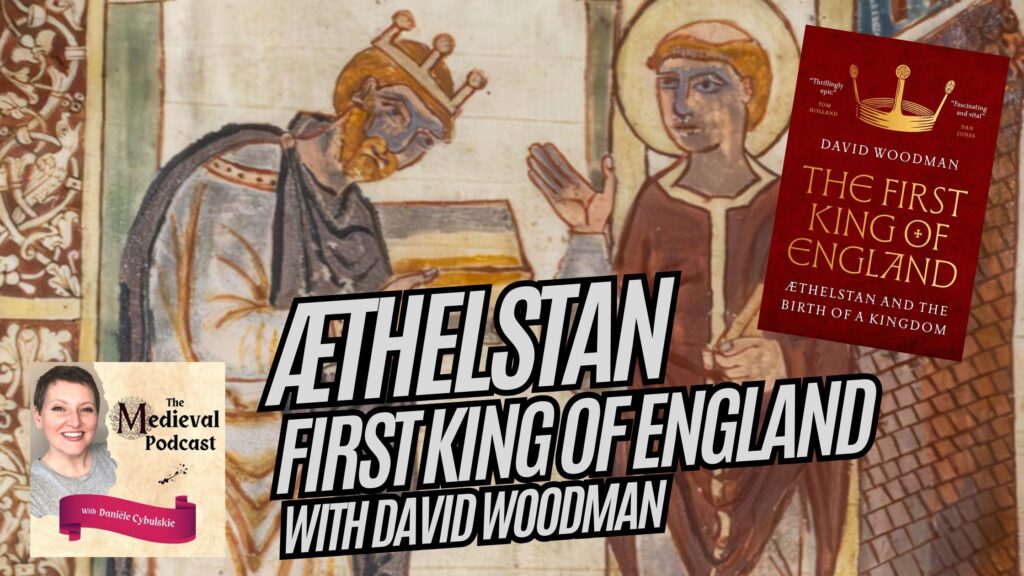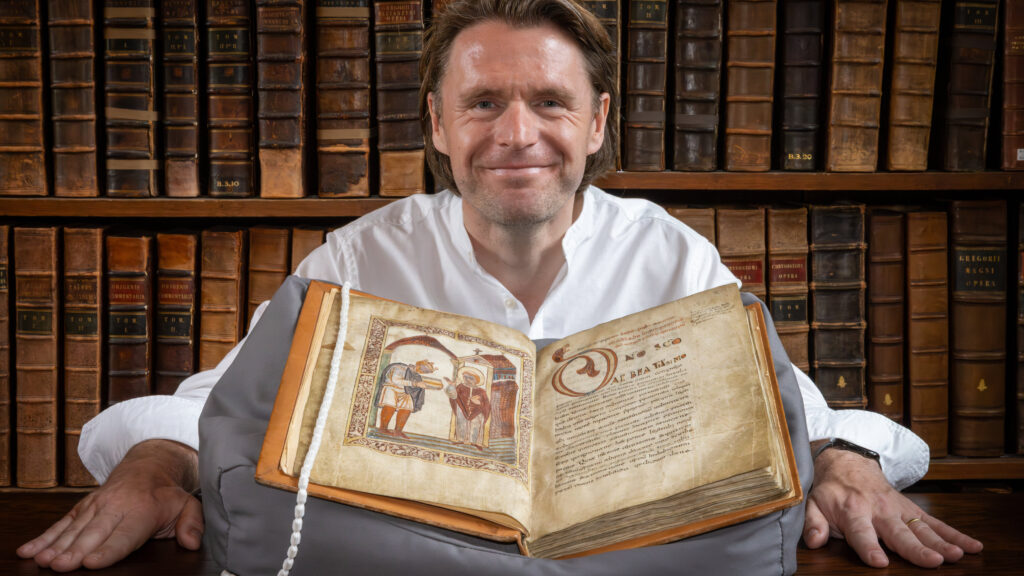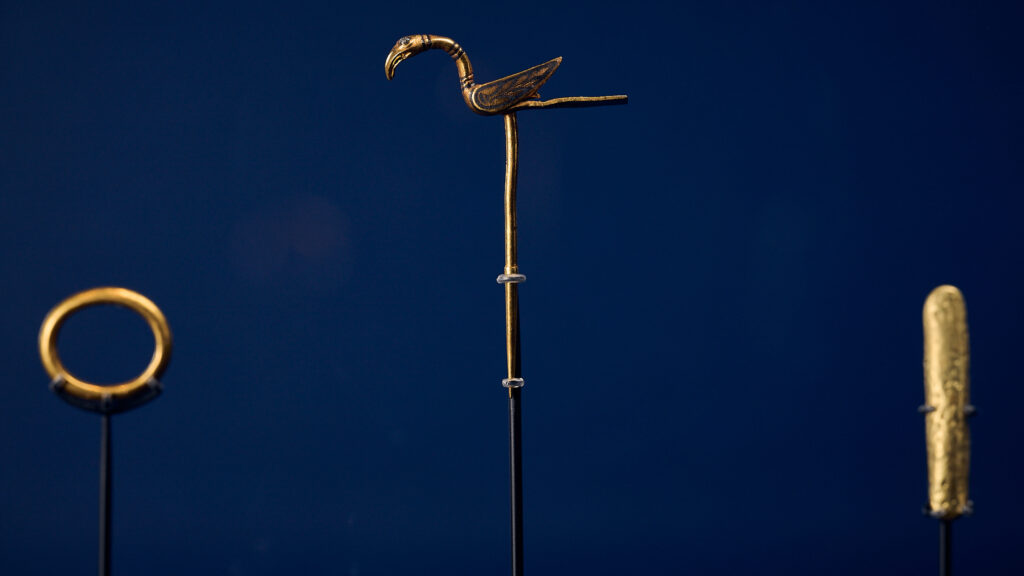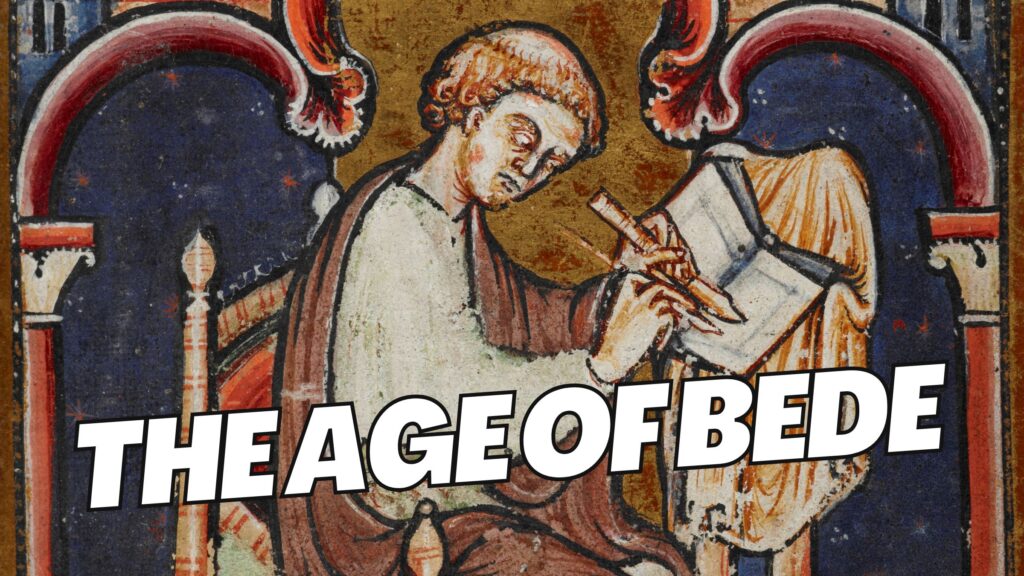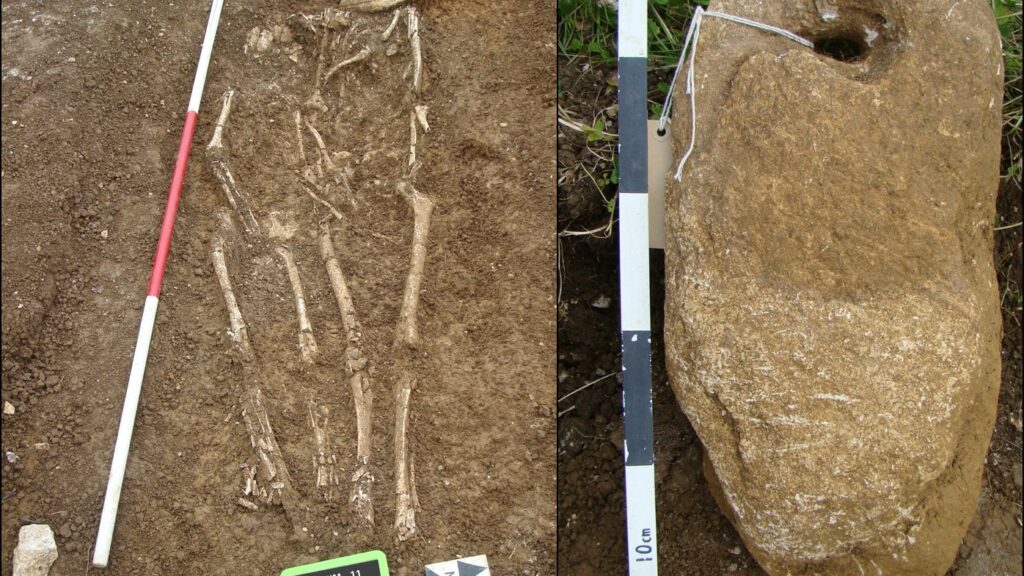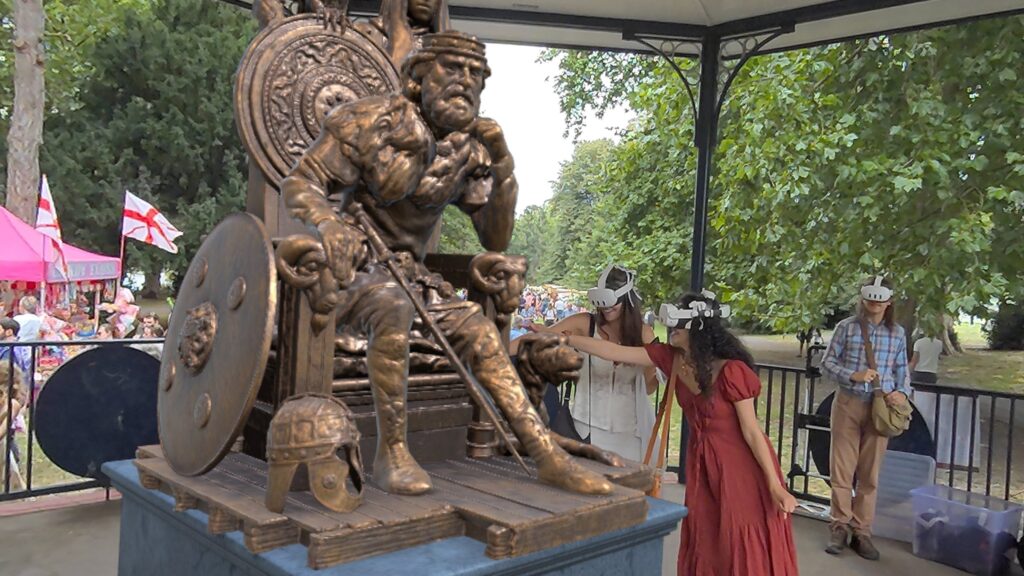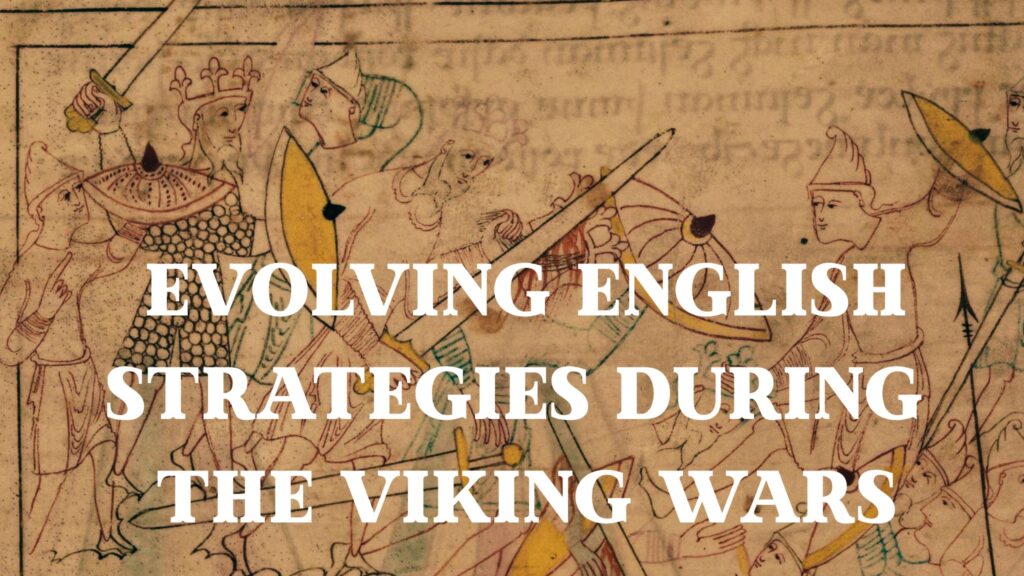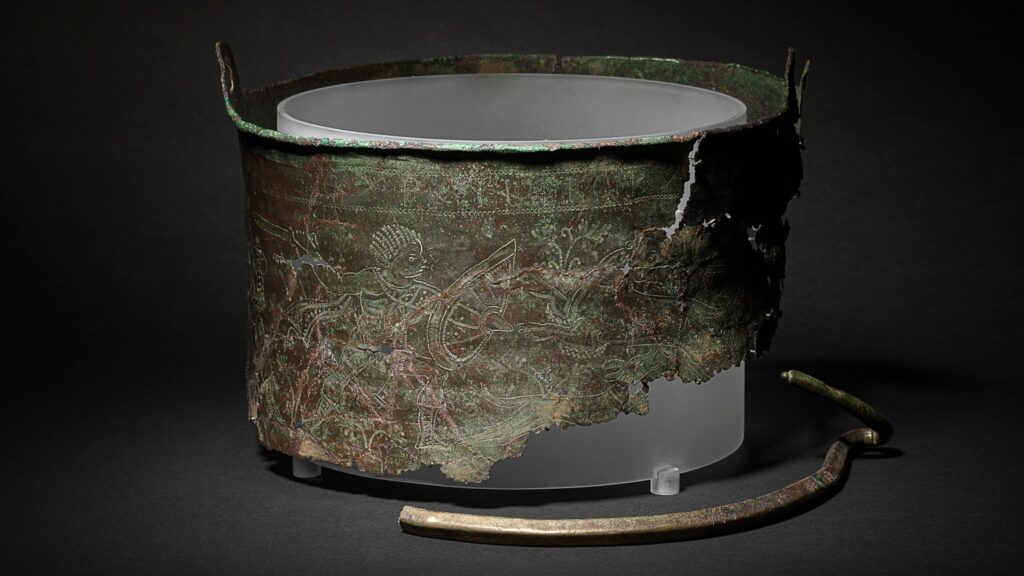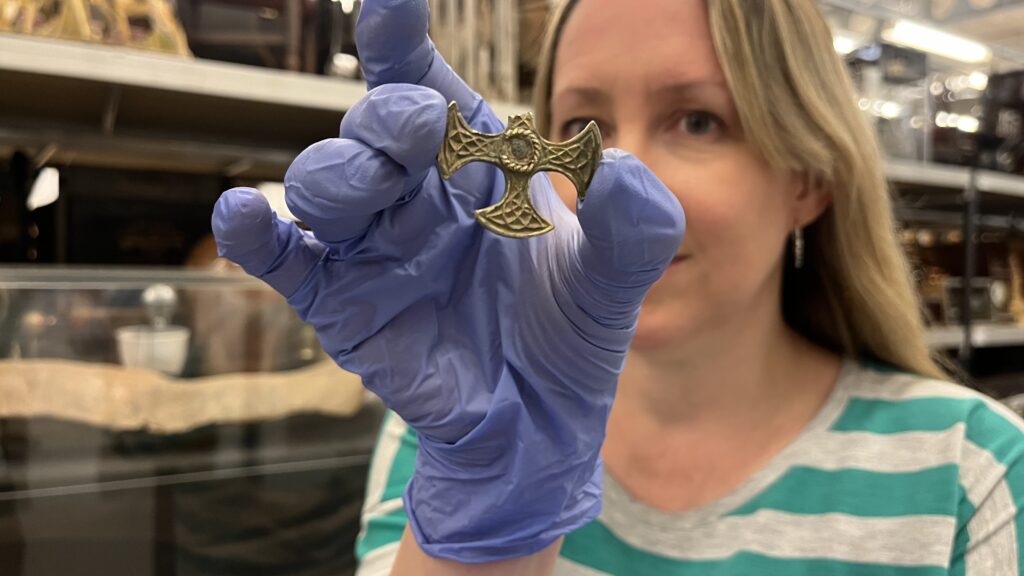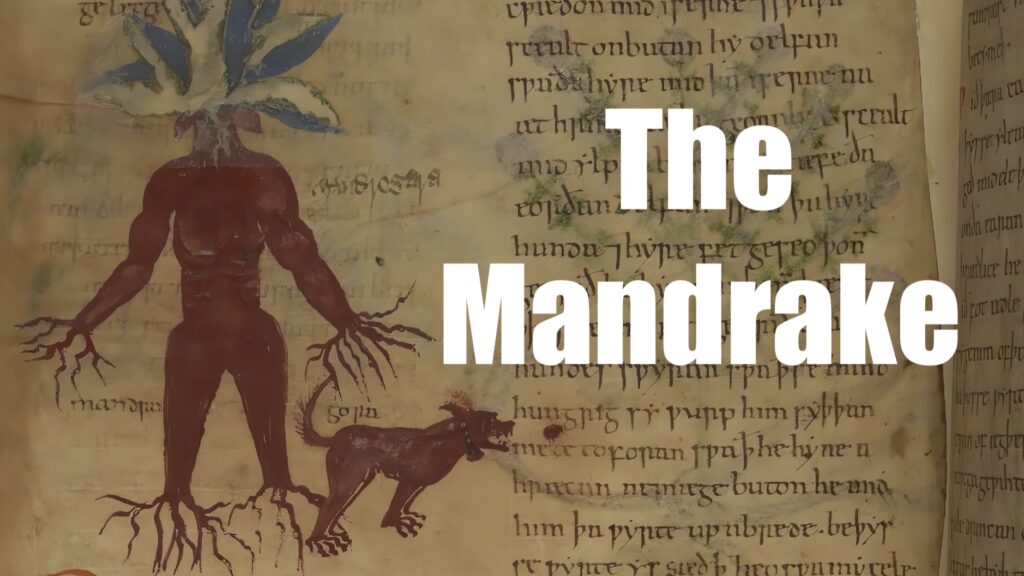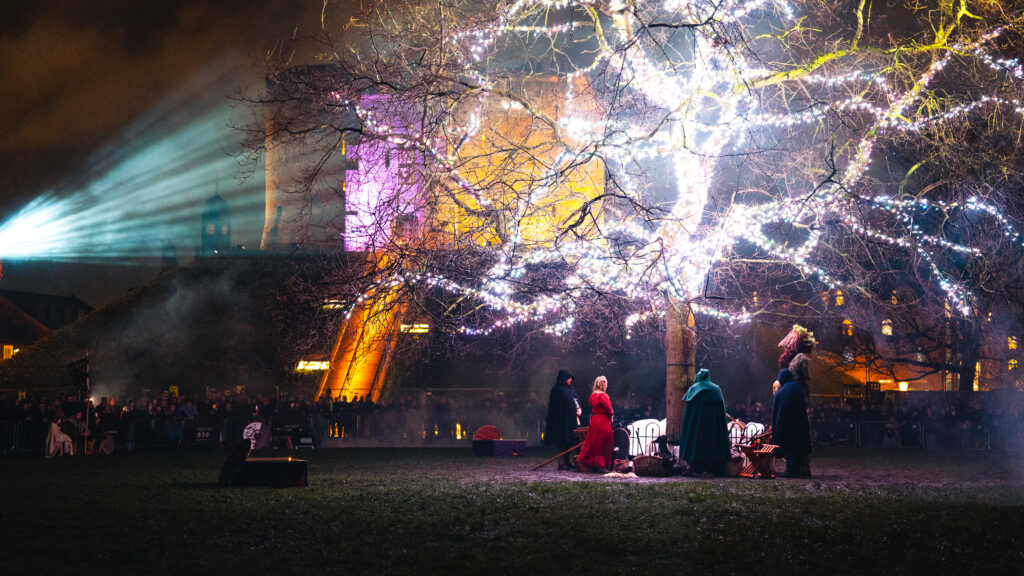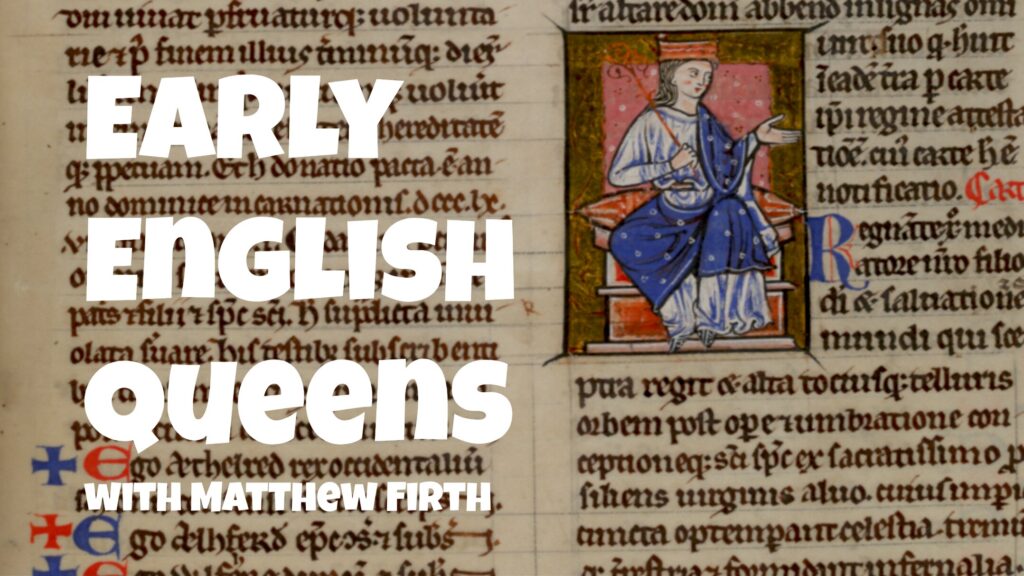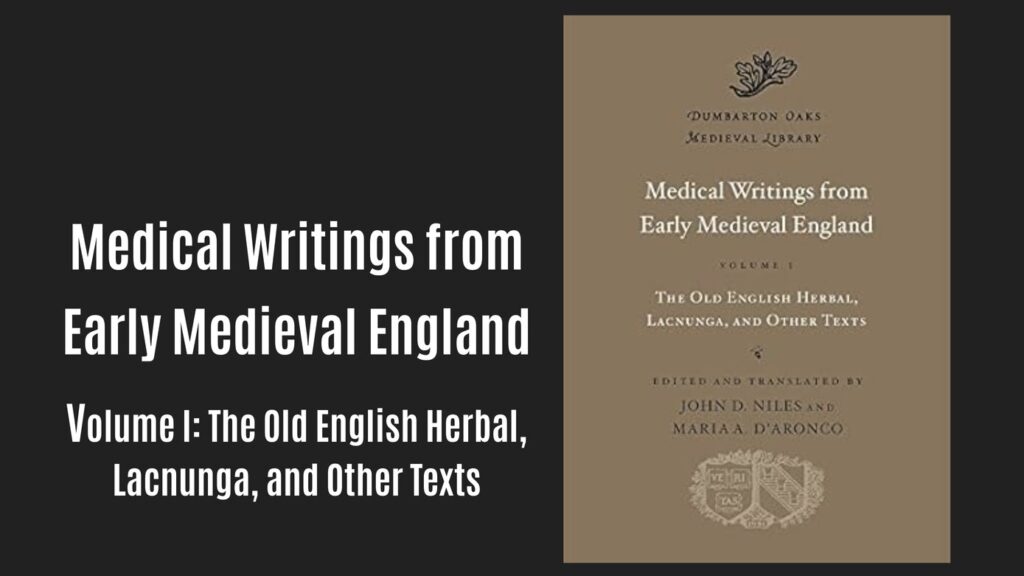The Men Who Fought with King Harold at Hastings
When Harold Godwinson marched to Hastings on 14 October 1066 he brought with him thousands of men. Who were these warriors and why did they fight on behalf of their king?
New Medieval Books: The Birth of the Anglo-Saxons
This book explores the rise of the Kingdom of Mercia, focusing on the reigns of Æthelbald (716–757) and Offa (757–796). It shows how Mercia became a dominant power in early medieval Britain, laying crucial foundations for the emergence of England.
Æthelstan, First King of England with David Woodman
This week on The Medieval Podcast, Danièle speaks with David Woodman about Æthelstan’s life, his rule, and his attempt to unite the kingdoms of Britain.
New Biography Revives the Reputation of Æthelstan, the First King of England
A new biography of Æthelstan, released to mark 1,100 years since his coronation in 925, seeks to restore the early medieval ruler’s reputation as the first king of England.
Viking-Age Galloway Hoard Exhibition Opens in Australia
See the Galloway Hoard in Australia: over 100 Viking-age objects from Scotland, including gold, silver, and textiles, are now on display at Melbourne Museum.
The Age of Bede: How a Monk Shaped Early Medieval England
Discover how the Venerable Bede, a Northumbrian monk, shaped the history of early medieval England through his Ecclesiastical History and lasting influence.
West African Roots Found in Seventh-Century England, DNA Studies Shows
Archaeologists have analysed the DNA of two unrelated individuals buried in seventh-century cemeteries on England’s south coast, revealing that both had recent ancestors—likely…
King Athelstan in Virtual Reality: New Project Brings England’s First King to Life
Kingston University uses VR and AI to bring King Athelstan to life for his coronation’s 1,100th anniversary.
Evolving English Strategies during the Viking Wars
Alfred’s success was based on his ability to plan strategically on a grand scale, and that Æthelred II’s failure was due, at least in part, to his and his advisors’ inability to develop a coherent strategy against a similar threat.
Medieval Mystery Solved: Sutton Hoo Bucket Was a Cremation Vessel
Archaeologists have uncovered the intact base of a 6th-century Byzantine bucket at Sutton Hoo—revealing it was used as a cremation vessel in an early Anglo-Saxon burial, complete with human remains and grave goods.
Saxon Cross Unearthed in Leeds Reveals Medieval Past
A rare 8th-century Saxon cross discovered near Leeds in northern England offers new insights into early medieval life and religious identity in Northumbria.
How to Harvest a Mandrake: Medieval Medicine and Magic in the Old English Herbarium
Discover the medieval cure-all known as the mandrake—and why you needed a hungry dog to pull it from the ground, according to a 10th-century medical text.
The Council of Whitby: A Study in Early Anglo-Saxon Politics
This article re-examines the Council of Whitby (664) in light of political tensions in early Anglo-Saxon England, arguing that the synod was driven as much by dynastic conflict and papal diplomacy as by liturgical dispute. Drawing on sources like Bede and the Life of Wilfrid, it offers a revised timeline and highlights the council’s significance in Oswiu’s struggle for ecclesiastical and political supremacy.
King Alfred’s Peace-Making Strategies with the Vikings
Explore how King Alfred’s peace-making strategies, from treaties to baptisms, reshaped Viking leaders into Christian rulers, ultimately transforming the fate of medieval England.
JORVIK Viking Festival Brings Norse Spectacle to York This Weekend
The JORVIK Viking Festival is in full swing in York, with key events set to take place this weekend, drawing visitors from around the world to celebrate the city’s rich Norse heritage.
New Medieval Books: In Search of Norfolk’s First Stone Churches
What materials were used to build churches in the Middle Ages? This book offers a study of 649 churches in the English county of Norfolk, revealing what kind of stone they used, some of which was recycled from Roman buildings.
Archaeologists Identify ‘Lost’ Anglo-Saxon Site Depicted in the Bayeux Tapestry
A team of archaeologists has uncovered evidence that a private home in England may stand on the site of a long-lost residence belonging to Harold Godwinson, the last Anglo-Saxon King of England. Their findings suggest that this location, depicted in the Bayeux Tapestry, was a major centre of power before the Norman Conquest.
Early English Queens with Matthew Firth – The Medieval Podcast, Episode 273
This week on The Medieval Podcast, Danièle speaks with Matthew Firth about what early queenship looked like, the role queens played in legitimizing a king’s right to rule, and how three incredible women shaped English royal history.
Sutton Hoo Warriors fought in the Byzantine Army, historian argues
The renowned Sutton Hoo burial site is famed for its opulent grave goods, but their origins remain a mystery. A newly published study in The English Historical Review presents a groundbreaking theory, offering “a startlingly new view of early Anglo-Saxon history.”
New Medieval Books: Medical Writings from Early Medieval England
What was the state of medical knowledge in England in the Early Middle Ages? This book provides texts and translations of several works that delve into ailments and their treatments, showcasing a fascinating blend of medicinal practices, magical remedies, and religious beliefs.
Early Medieval Treasure Secured for English Museum
A rare piece of early medieval history has been secured for display in an English museum, thanks to a successful crowdfunding campaign. The Anglo-Saxon gold and garnet pyramidal sword mount, dating back to the seventh century, will soon be part of The Novium Museum’s collection in Chichester, ensuring its preservation and accessibility to the public.
Medieval Saint Eanswythe’s Relics Returned to Rest in England
The relics of Saint Eanswythe, a 7th-century Anglo-Saxon princess and one of England’s earliest saints, have been returned to their original resting place in Folkestone. Hidden for centuries to escape destruction, her remains were rediscovered and studied, shedding new light on the life of this remarkable medieval figure.
Study Suggests Plague Reached Britain Earlier Than Thought
Medieval historians have often downplayed how the First Pandemic, also known as the Justinianic Plague, affected Britain. A new study is challenging this notion, and even suggests that the plague may have struck the British Isles at least twice.
New Medieval Books: Early English Queens, 850-1000
A look at queenship in early medieval England, this book focuses on three women: Æthelflæd, Lady of the Mercians, Eadgifu of Wessex, and Ælfthryth, Queen of the English. It examines the nature and role of their authority when it came to ruling England.
New Medieval Books: On the Deeds of Gerald
This biography about the famous 13th-century writer Gerald of Wales was actually written by Gerald himself. Writing in the third-person, Gerald narrates his career in the Church, his efforts to become a bishop, and his time in the courts of the Kings of England.
